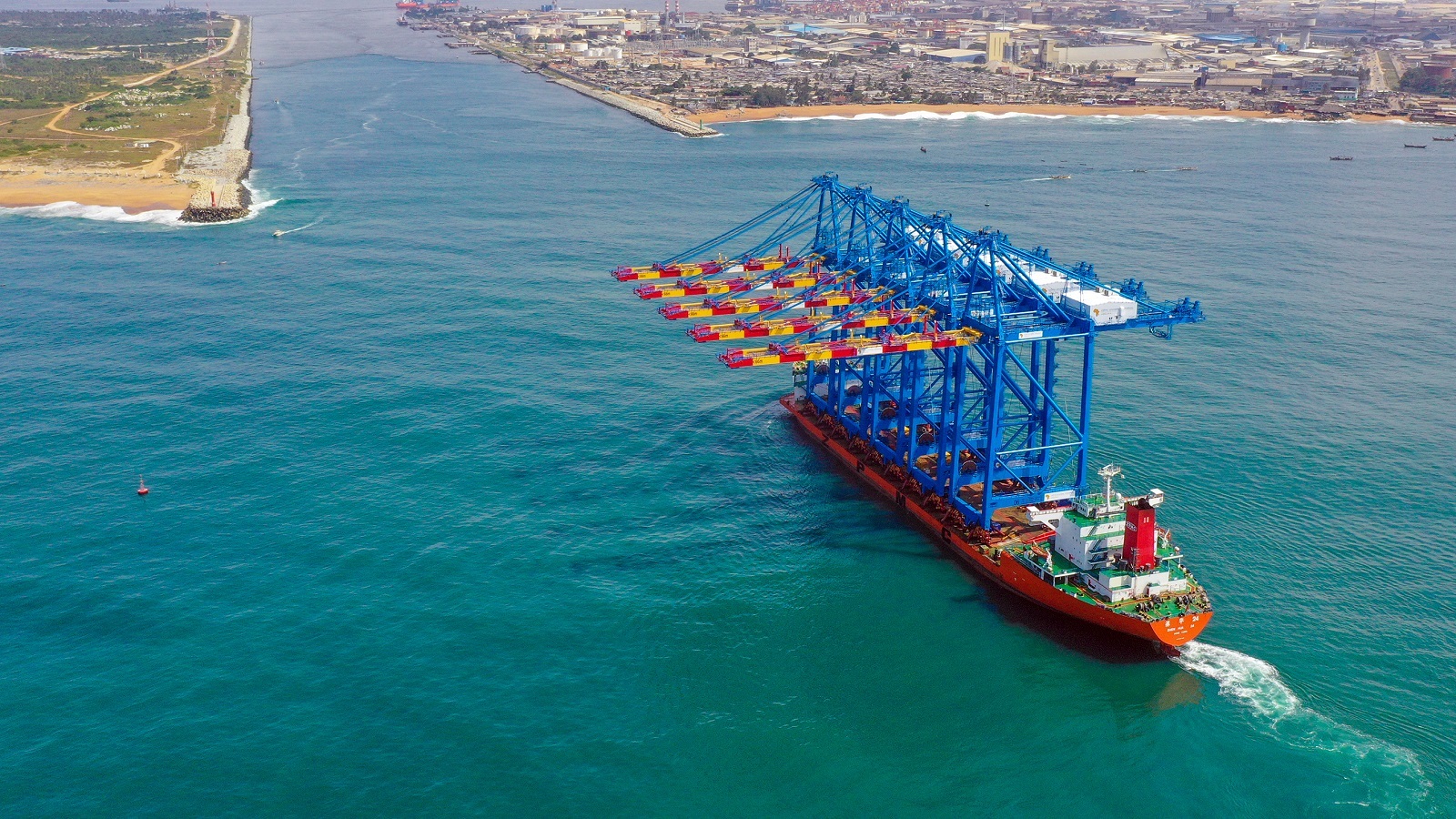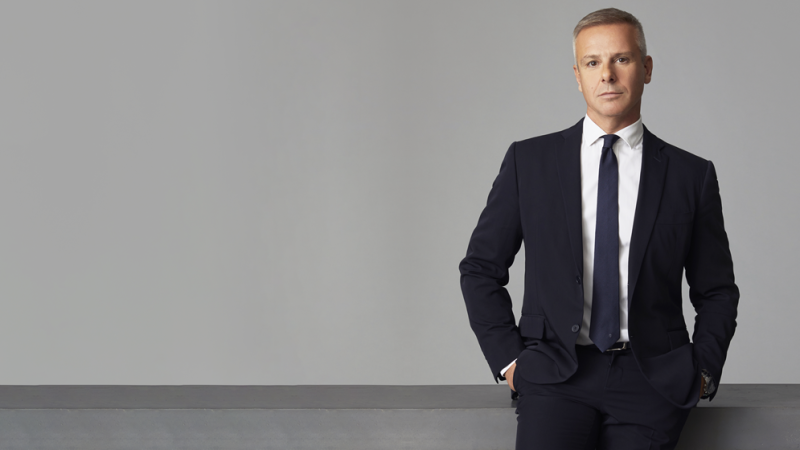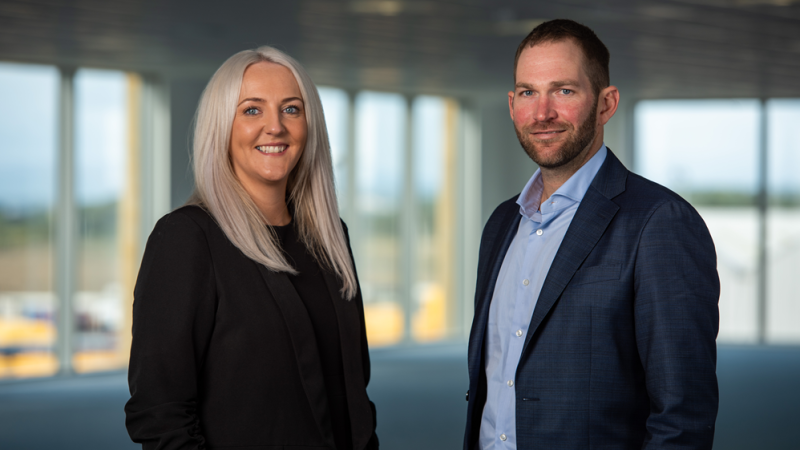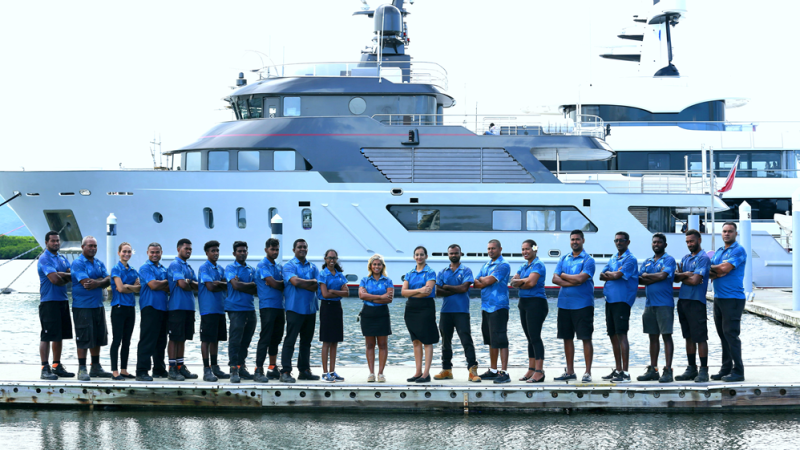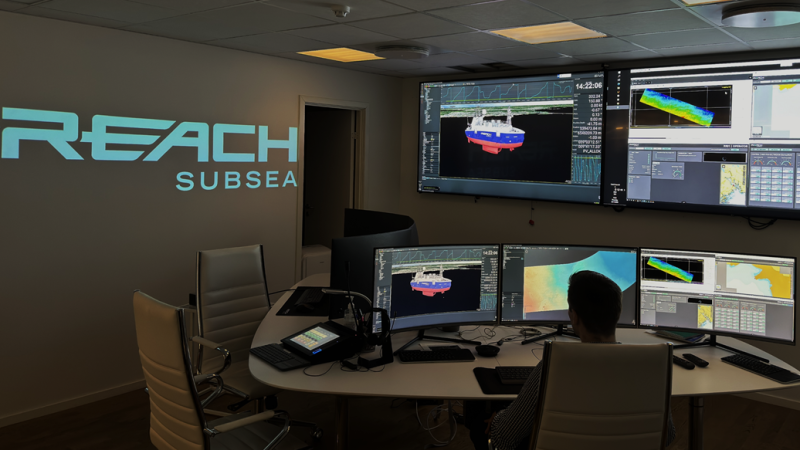The Côte d’Ivoire Terminal Project was launched in 2013 with a public tender that had been awarded to a consortium made up of Bolloré Ports and APM Terminals. The consortium would build the facility on reclaimed land, handed over by the Ports Authority, and after finalizing the construction, operate the second container terminal in the coastal city of Abidjan, the economic centre of Côte d’Ivoire.
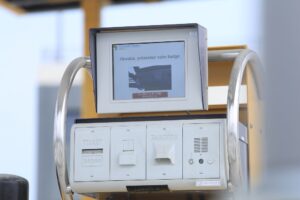 It would be a two-phase project, starting with the port authority in charge of the management and financing for the works to deepen and widen the Vridi Canal access channel. To create this new terminal facility, close to 38 hectares of land were reclaimed. The port authority then handed the project over to the consortium who began work on the construction of infrastructure, networks, and IT systems, and its superstructure, container handling equipment at the terminal.
It would be a two-phase project, starting with the port authority in charge of the management and financing for the works to deepen and widen the Vridi Canal access channel. To create this new terminal facility, close to 38 hectares of land were reclaimed. The port authority then handed the project over to the consortium who began work on the construction of infrastructure, networks, and IT systems, and its superstructure, container handling equipment at the terminal.
“We launched the construction works in December 2020, with an effective start of construction in the early days of January 2021,” says Koen De Backker, Managing Director of Côte d’Ivoire Terminal. “While we are finished construction before the end of the year 2022, the terminal launched its commercial operations in November 2022.”
Serving the Region
The reasons for the development were twofold; the Port of Abidjan was running out of capacity, so giving it additional capacity was a major objective for the project. But beyond that, this terminal seeks to transform the Port of Abidjan into a regional hub for cargo in transit to traditional landlocked hinterland countries, as well as developing a hub for trans-shipment cargo carried in or out on larger vessels that would connect to smaller vessels and travel to other ports in the sub-region.
These were big ambitions, made all the more daunting by the fact that the project began in the depths of a global pandemic.
“We faced many challenges to get raw materials and equipment sourced into the Ivory Coast and as such, delivering on time, was a continuous area of focus for the team”, De Backker says. “But despite those challenges, we delivered on our timelines which we agreed on with the Ports Authority.”
They were able to do this because the consortium had put in place proper planning, including proper mitigation plans to deal with unforeseen circumstances, while being actively engaged with all of the project’s stakeholders, internal and external.
“Within this public-private partnership, our main partner is the port authority,” says De Backker. “That relationship has been about being transparent, upright, and proactive. That has been one of our main key values- to pre-alert, be transparent and forward-looking on our side and also on the side of the port authority. This partnership has been a great success in the sense that we have been able to jointly look for solutions rather than challenges.”
Building the Team
To prepare for the shift from a “project” to a “running operation” it was necessary to prepare for people taking over, demonstrating different skill sets, and eventually operating the terminal itself, and the consortium has been on the lookout for people who can carry that out.
“When you launch a new terminal, you need to look for people who can do the jobs required. We have been very engaged in the local labour market looking for people that meet our skillset requirements,” De Backker explains.
“We have been very focused on diversity, building up a diverse team, a mix between young talented people, and experienced people, having done the job before. We have spent a lot of energy, resources, and budget on training people to meet our standards.”
By the end of 2021, the consortium already had 70 people on its payroll. This team was dedicated to setting up the terminal’s IT systems, installing and preparing the terminal’s operating systems, and hiring more operators to be trained abroad.
“We have been sending people for training in Bahrain and Ghana, where they used similar equipment and know-how, to what they will use in our terminal,” De Backker says.
Once those people are hired & trained, the terminal’s number one priority is keeping those people safe and healthy, all while increa-sing operational performance as we grow experience.
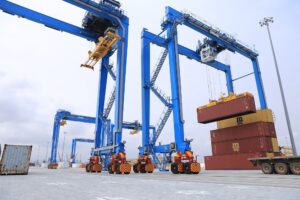 “We consider that our licence to operate,” De Backker insists. “Our daily motto is if we cannot do it safely, we will not do it. It goes beyond safety, it is about the environment, and the welfare of people we work with directly and indirectly.”
“We consider that our licence to operate,” De Backker insists. “Our daily motto is if we cannot do it safely, we will not do it. It goes beyond safety, it is about the environment, and the welfare of people we work with directly and indirectly.”
The environment is a big focus for the terminal, and De Backker is proud to tell us that this will be the first all-electric terminal to operate in the sub-region.
“Not only our key and yard cranes but also our terminal trucks, are all electric. This re-emphasises our focus on doing business properly and sustainably,” De Backker says.
The terminal’s staff will also operate with the support of the consortium’s shareholders, Bolloré Ports and APM Terminals, who will bring their technical expertise to bear on the project.
“We have a lot of experience to tap into,” De Backker informs us.
“In our procurement processes and the design of the terminal we have taken on board the good examples we have seen elsewhere to build something that meets our ambitions in terms of environment, safety and security and our people.”
Building Economies
The Côte d’Ivoire terminal will need every bit of that expertise to be a success.
“Building a terminal is very technical work,” De Backker admits. “Our ambition is to contribute to the success of the country by creating the right infrastructure to export goods from Côte d’Ivoire and the sub-region and be the efficient corridor for cargo coming into Abidjan, in transit to Ivorian destinations, as well as destinations in landlocked countries in the sub-region. Abidjan had been running out of capacity to cater for cargo into those transit corridors, and with this added capacity, the Port of Abidjan will be able to reclaim its natural number one position.”
De Backker sees this terminal’s role as contributing to the development of a country in full economic development. The consortium is constantly asking how it can best serve its customers on the landside, including importers, exporters, traders, and the economies behind them.
“We have a large community outside the terminal, and we want to make sure they are safe and well-treated, and that we improve their lives as well,” De Backker says.
In carrying out that role, De Backker believes it is of key importance for the private and public sectors to work effectively in partnership with one another.
“Private operators are being seen as specialists, helping to assist the government in improving key infrastructure. Whereas Africa has started engaging in public-private partnerships since the beginning of this century, this project is a new greenfield project and a good example of how governments and private partners can work together to realise challenging ambitions,” De Backker tells us.
